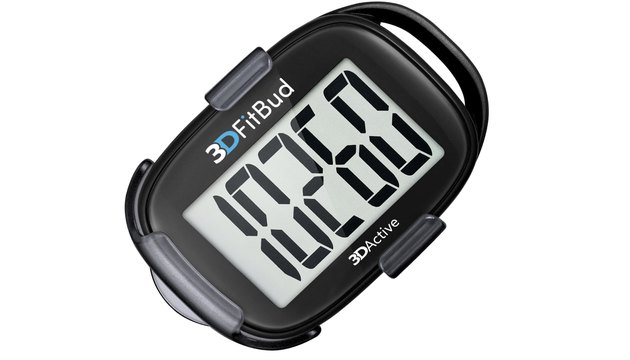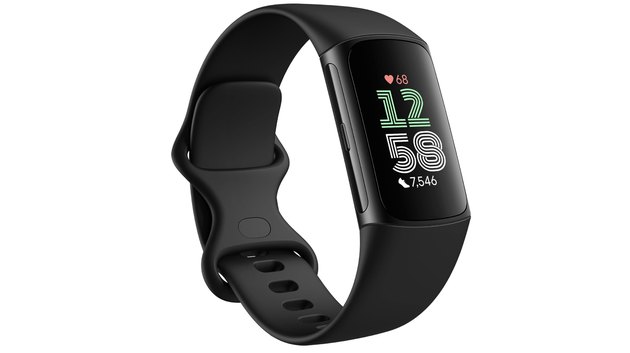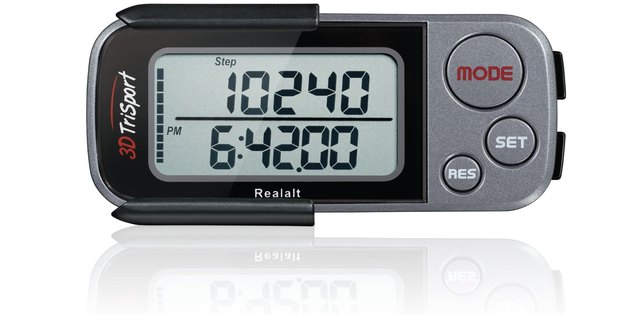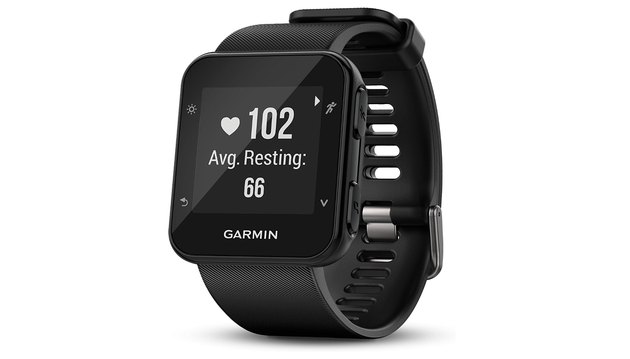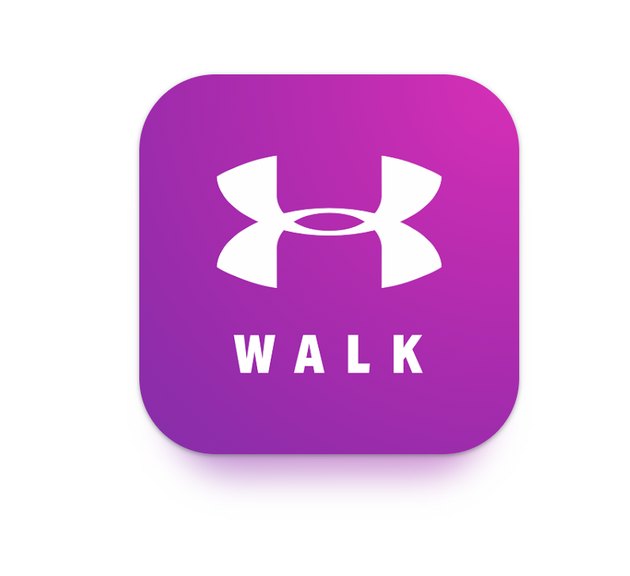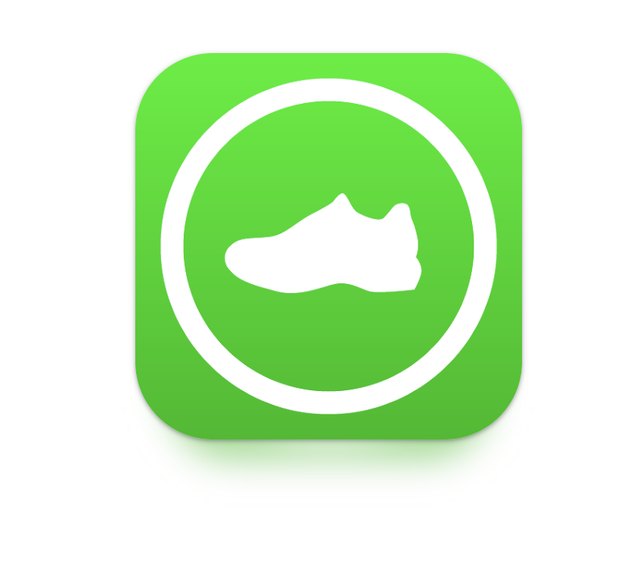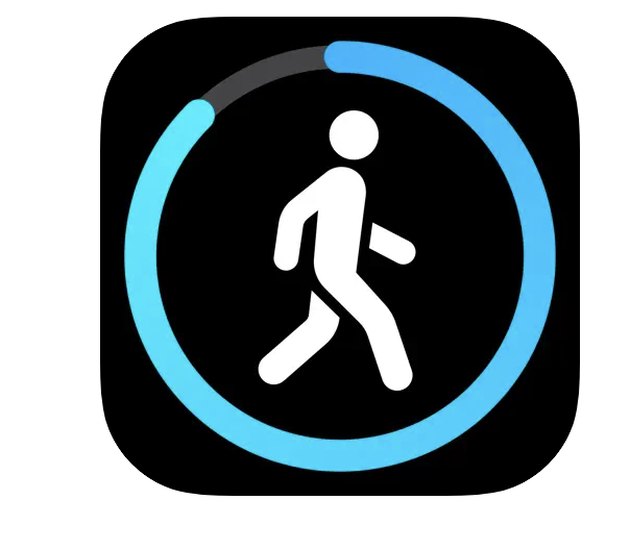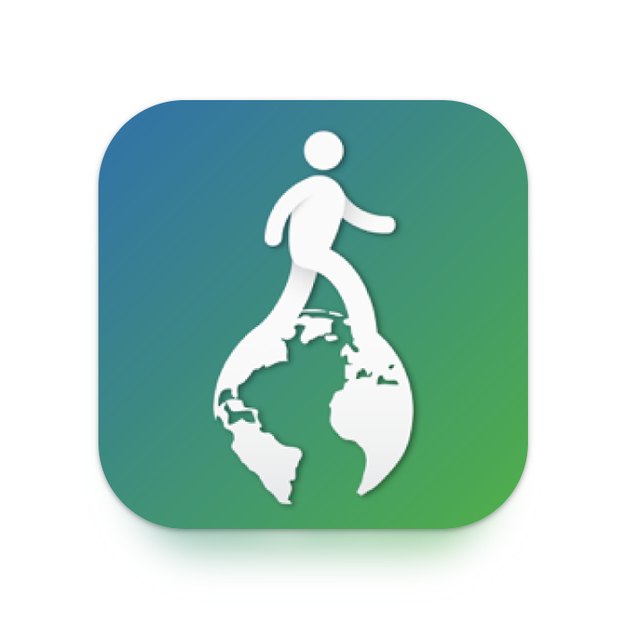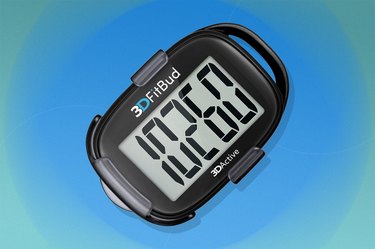
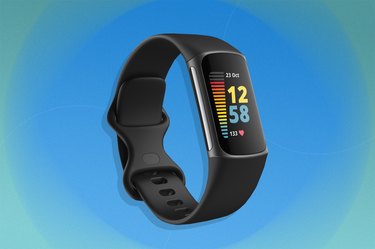
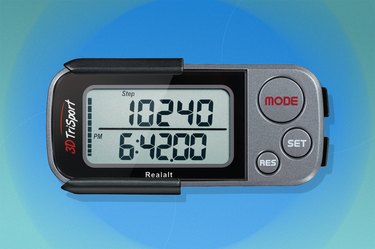
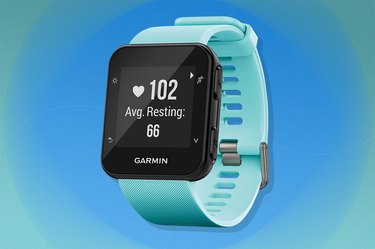
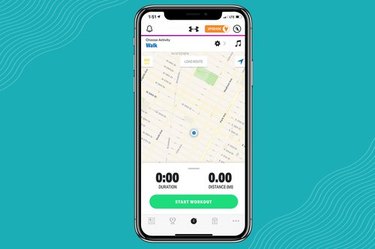
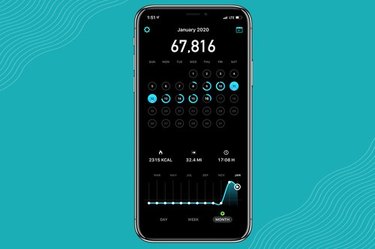
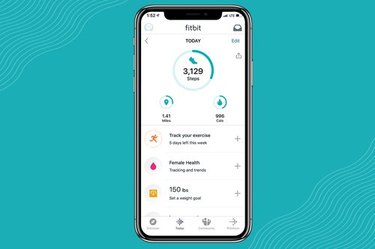
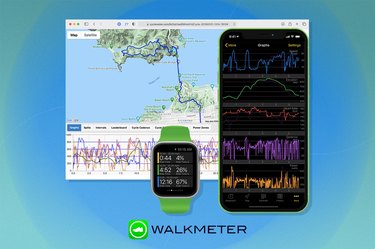
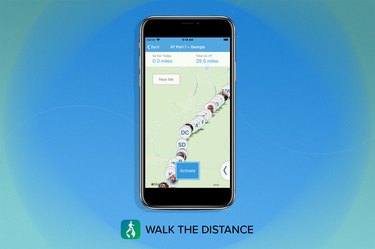
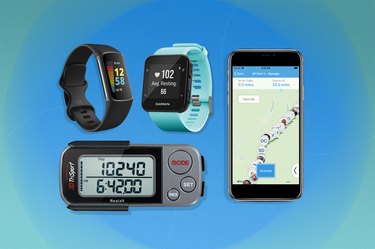

When you want to add more movement into your daily routine, a step tracker (aka pedometer) is the way to go. These tools are all about encouraging you to get up and move your body — counting your steps and measuring your progress along the way.
The best part? There are several different styles of step trackers out there, including wearable pedometers, step apps and fitness watches.
Video of the Day
Video of the Day
After chatting with Carolina Araujo, CPT — a personal trainer who makes daily steps a big part of her coaching style — we've narrowed down the search to the best pedometers and step-tracking apps on the market.
How We Chose
We chatted with Araujo, who offered product recommendations and helped us break down what to look for in the best pedometers. We selected our products based on the following criteria. You can learn more about how we cover products here.
- Pricing
- Versatility
- Features
- Battery Life
The 4 Best Pedometer Watches and Wearables
1. Best for Simple Tracking: 3DFitBud Simple Step Counter Walking 3D Pedometer
Ever feel like you spend your entire day staring at a screen? Your pedometer doesn't have to add to your screen time.
"I actually love how simple this device is," Araujo says. This pedometer is battery powered and doesn't connect to your phone or smart watch, so it's a perfect way to unplug from technology to enjoy a relaxing walk."
Just clip it to your waistband or running belt and hit the road.
2. Best for Tracking Progress: Fitbit Charge 6
Compared with other exercise watches, Fitbit's wearable trackers are relatively affordable and track all the must-know walking metrics like steps, distance and pace.
But the Charge 6 takes wellness tracking a step further (pun intended), allowing you to monitor your heart rate, stress levels and workout recovery.
"I really like the 'readiness' metric," Araujo says. "If you're not recovered, going on a long or intense walk workout may not be the best thing for your body that day, and this tracker can tell you that."
Plus, it connects with the Fitbit app (more on that below) to give you a more detailed look at your stats.
3. Best Battery: Realalt 3DTriSport Walking 3D Pedometer
This pedometer is still pretty simple, but offers a little more information than an average step tracker, Araujo says. Alongside your steps, you can see how many calories you burned and store your data for up to 30 days.
It also requires zero charging with up to 12 months of battery life, so you don't need to worry about your device dying mid-workout.
4. Best High-Tech: Garmin Forerunner 35
Garmin watches are a favorite in the running community, but they're excellent for all kinds of step-related workouts, walking included. This device counts your steps, monitors your heart rate and even lets you read your texts mid-walk.
You can also connect your watch to the Garmin app to keep track of your progress, Araujo says. This is a nice option for people who want to look at how their workouts have improved over time.
The 5 Best Pedometer Apps
1. Best Free App: MapMyWalk
MapMyWalk is one of the highest-rated, best pedometer apps out there — and for good reason. This app is free and straightforward to use. It opens up right to a map that allows you to start your walking workout and track stats like your distance, pace and calories burned.
"I love encouraging my clients to get at least 10K steps each day and this is the first app I recommend," Araujo says.
2. Best for Hiking: Walkmeter App
When you want to branch out and try a nature walk or long hike, Walkmeter is a great app to have on your phone. Compared with other pedometer apps, Walkmeter tracks a broader range of activities and you can even view your total height climbed/descended and your cadence (steps per minute).
It also connects to Siri, so you can use it totally hands-free. "I like this safety precaution, especially when you need to keep your eyes on your surroundings," Araujo says.
3. Best for Step Counting: StepsApp
This walking app focuses purely on your total step count. It opens right up to your daily step goal and total steps taken. But you can also track how many calories you burned, the total distance crossed and your total active minutes.
For a more in-depth window, you can check how active you are hour-by-hour. Araujo loves this option because it helps you schedule your walks for your less-active parts of your day.
4. Best for Treadmill Walking: Walk the Distance App
Do most of your walks take place on a treadmill? Then Walk the Distance is a must-download. This app displays real-life trails across the world that you can virtually cross right from the comfort of your home or gym.
"Sometimes, the treadmill is just the most convenient option for a walk. But as someone who doesn't love using it, apps like these are a lifesaver," Araujo says.
5. Best for Connection Across Devices: Fitbit App
You can connect your Fitbit wearable device to the Fitbit app to get an in-depth look at your activity by the hour, week or year. The app even displays your walks on a map, so you can keep track of the routes you've already taken.
Another reason this is one of the best free pedometer apps: You don't actually need a Fitbit watch to use the app, according to Araujo. You can connect a lot of other smartwatches (like an Apple watch) to the app or just use it solo on your phone.
3 Factors to Consider When Shopping for Your Best Pedometer
1. Your Personal Goals
Sure, all pedometers count steps — after all, that's kind of the point. But most pedometers and pedometer apps also track your walking distance, pace and calories burned, among other metrics. A lot of these provide valuable information for your fitness goals, according to Araujo.
For a weight-loss goal, you may want an app that also tracks your food or weight, she says. To increase your daily movement and activity, a pedometer that saves your daily progress is probably the best choice.
Before you buy or download a new step tracker, read the details to make sure it tracks all of the metrics you need.
2. How You Want to Wear It
These days, there's no shortage of different pedometers out there. For those who don't want an additional item to carry on their walks, a free pedometer app is most convenient. These use GPS tracking to measure your steps, distance and pace.
Others like to keep their daily walks as technology-free as possible. A simple battery-powered step counter is the best choice in this case, Araujo says. These run on their own with no Bluetooth connection, so you can leave your phone at home during your stroll. And you can clip them to your waistband for a hands-free walk.
For a more metric-based, high-tech experience, a wearable, like a watch, is best. The best pedometer watches track a ton of stats, like your daily steps, cadence and calories burned, among other activities. Usually, these also have a heart rate monitor so you can get an idea of how hard you're working while you walk, Araujo says.
3. Your Budget
Pedometers vary pretty drastically in price, from free apps to several-hundred-dollar fitness watches. Usually, apps are the cheapest, followed by pedometers. And generally, watches are the most pricey.
But when it comes to counting steps, all of these will get the job done, according to Araujo.
